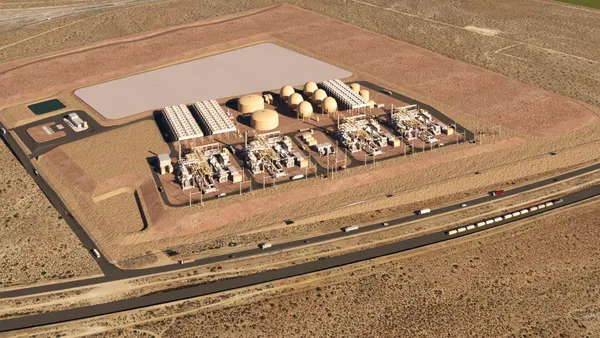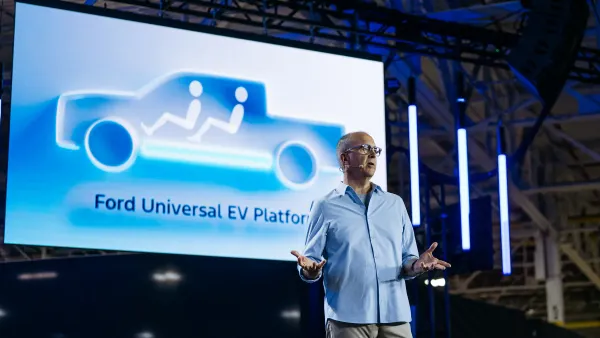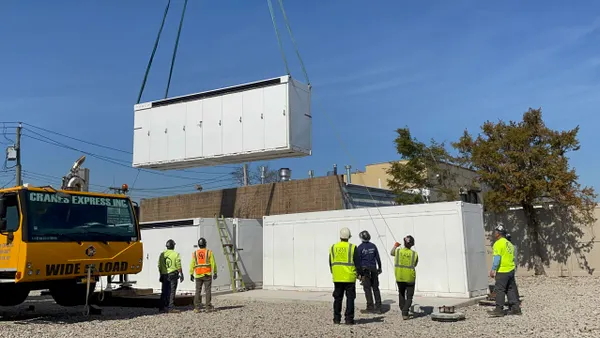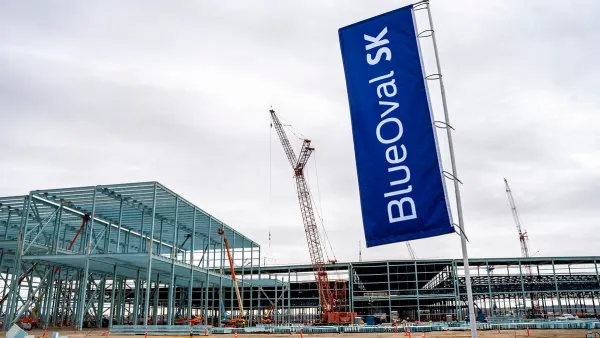Dive Brief:
- Figuring out a way to recycle lithium-ion batteries could significantly reduce the cost of battery storage and other applications, George Crabtree, director at Argonne National Laboratory's Joint Center for Energy Storage Research, told the Senate Energy and Natural Resources Committee June 4.
- The U.S. Department of Energy (DOE) earlier this year launched a program that aims to reclaim and recycle critical materials from lithium-based battery technology.
- Sen. Joe Manchin, D-W. Va., voiced concerns that the current trade war between the United States and China, as well as general instability of the bilateral relationship between both nations could affect the supply of minerals such as lithium or cobalt commonly used in battery storage products.
Dive Insight:
The growing importance of battery storage as a component of the U.S. electric grid has raised concerns among industry stakeholders and lawmakers about America's dependence on foreign suppliers for both battery components and completed systems. Asian countries, particularly China, are the leading producers of lithium-ion batteries, the most common battery technology used today.
"It is critical. If you look at what other countries have done, primarily China, they have taken a very strategic and deliberate action to line up their supply chain," Crabtree said. "They've gone to other countries and written long-term contracts to get lithium or cobalt, they then bring the minerals to China where they are refined and then sell them to battery manufacturers. The United States hasn't taken a strategic and deliberate point of view to that challenge."
Given the current uncertainty in the relationship between China and the United States, Manchin asked what the U.S. could do to decrease its dependency on foreign suppliers.
Even though the United States possesses critical minerals, the growth of battery storage as well as electric vehicles will require many more sources than the ones domestically available, Crabtree said. And other challenges lie ahead for U.S. storage companies.
"We have to find creative ways and innovative ways to bring our costs down to be competitive with China. Recycling can play a role here," Crabtree said. "We don't recycle our lithium-ion batteries at the moment, less than 5% are recycled. ... This is a way to get the cost down considerably."
But there's no technology for recycling lithium-ion batteries in a cost-effective way, he noted.
"It's a level playing field," he said. "So far, no one in the world has the advantage."
In January, Energy Secretary Rick Perry announced the launch of a Lithium-Ion Battery Recycling Prize and the establishment of an associated Battery Recycling R&D Center in an effort to solve this problem.
"America’s dependence on foreign sources of critical materials undermines our energy security and national security," Perry said in a statement at the time. "DOE will leverage the power of competition and the resources of the private sector, universities, and the National Laboratories to develop innovative recycling technologies, which will bolster economic growth, strengthen our energy security, and improve the environment."













